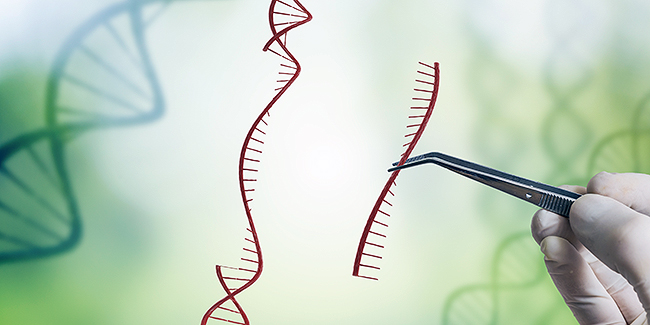
Such is the case in the ever-evolving field of Life Science where selecting the right piece of laboratory equipment serves as an important step in the research process. Routine methods in life science research such as microbiology and molecular biology have enabled researchers to gain a better understanding of living organisms and how life works. Consequently, researchers are continuously working to find new applications that can be performed with their essential equipment. These applications have led to many positive discoveries such as disease treatment and prevention, generation of new protein products, and manipulation of plants and animals for desired phenotypic traits.
More specifically, techniques such as Polymerase Chain Reaction (PCR), electrophoresis and cell cloning are all methods carried out in a molecular biology workflow. Many of these techniques have come a long way, providing scientists with greater knowledge and capabilities than they have ever possessed before. One example of this is the Human Genome Project, a 13 year global collaborative effort completed in 2003 by scientists and researchers with the goal to sequence all 3 billion base pairs in the human genome, the complete set of DNA in the human body. Another more recent example is CRISPR, Clustered Regularly Interspaced Short Palindromic Repeats, which is a gene editing technique used to make precise changes in DNA.
Depending on the specific protocol, there are several requirements to consider when choosing the right piece of laboratory equipment. When performing extractions or removing cellular debris during protein purification, a temperature controlled centrifuge with a high RCF (Relative Centrifugal Force) is needed. There may also be situations where infectious or radioactive materials are being processed and the user must take precautionary measures to protect themselves.
To perform many of these routine or advanced processes, researchers can now turn to a trusted partner, Ohaus Corporation for their laboratory equipment needs. Ohaus has recently launched a full line of
bench top laboratory equipment, including the
FC5515 series high speed microliter centrifuges. The FC5515 are high quality centrifuges that are available in refrigerated or non-refrigerated models. Researchers can select from a wide assortment of rotors, including high-throughput or sealable, which are appropriate for processing hazardous samples.
With new advances in Life Science research, it is exciting to observe the field evolve and now OHAUS will be at the bench side each step of the way in the quest to uncover the next great discovery.